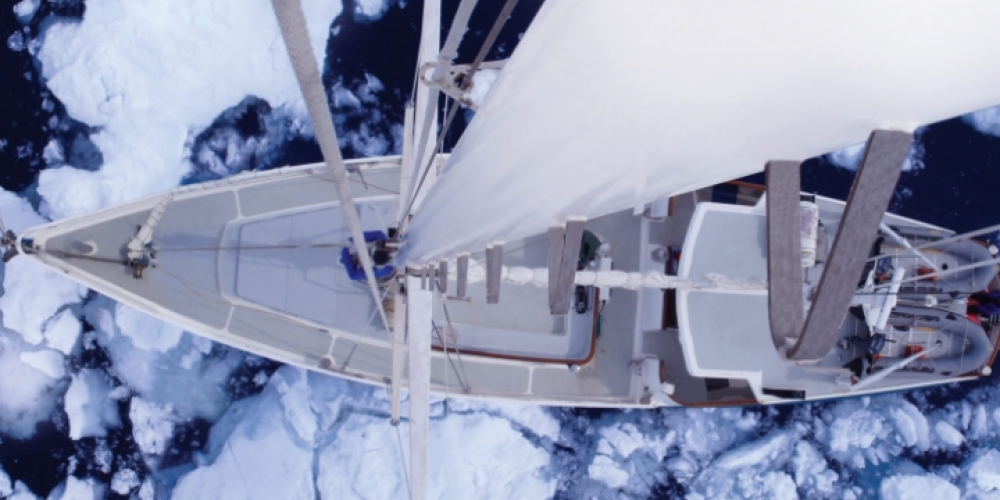
The expedition, led by Dr Bruno Danis of ULB, is called Belgica121, a nod to the first scientific expedition to Antarctica 121 years ago. On 16 August 1897, Belgian naval officer Adrien de Gerlache set sail on the Belgica from Antwerp to Antarctica, with Norwegian explorer Roald Amundsen among those on board. It was the first scientific expedition to reach Antarctica and the first to spend the winter there in extreme conditions.
During this new expedition, a team of nine Belgian, French, German and Italian scientists associated with Belgian research institutes will investigate the biodiversity in the shallow waters of Antarctica. By travelling on a sailing boat, the team will be able to reach areas which are out of range for large ice-breakers. The expedition is financed by Belspo, the Federal Science Policy Office.
Jossart of VUB is one of the team members. This will be his first trip to Antarctica and he hopes to gather more information for his research on the evolution and biodiversity of sea stars: “I started working on Antarctic organisms three years ago. Excitement to go there did not stop growing since then. Going to the field is of course important to collect samples and data but I also know from previous fieldwork that we can see our own research differently after observing the organisms alive in their environment." During the expedition, he will also investigate the diversity of intertidal (seashore) organisms in Antarctica about which little is known: “Despite the general view that the Antarctic intertidal conditions (e.g. scouring by ice, high UV radiation) are too extreme to allow animal life, recent studies have shown that intertidal communities can persist in some regions”.
Behind the scenes
In addition to carrying out research, the team will make a unique documentary about their findings and the course of a scientific investigation. They also want to show how research in Antarctica can be done in a more sustainable way. Climate change is an issue at the South Pole: the region is exposed to rapidly changing environmental parameters such as sea temperature, salinity and sea ice cycles, which affect the organisms living there and in turn affect the structure of the entire Antarctic ecosystem.
The documentary is expected to be released at the end of 2019.
http://belgica121.be/